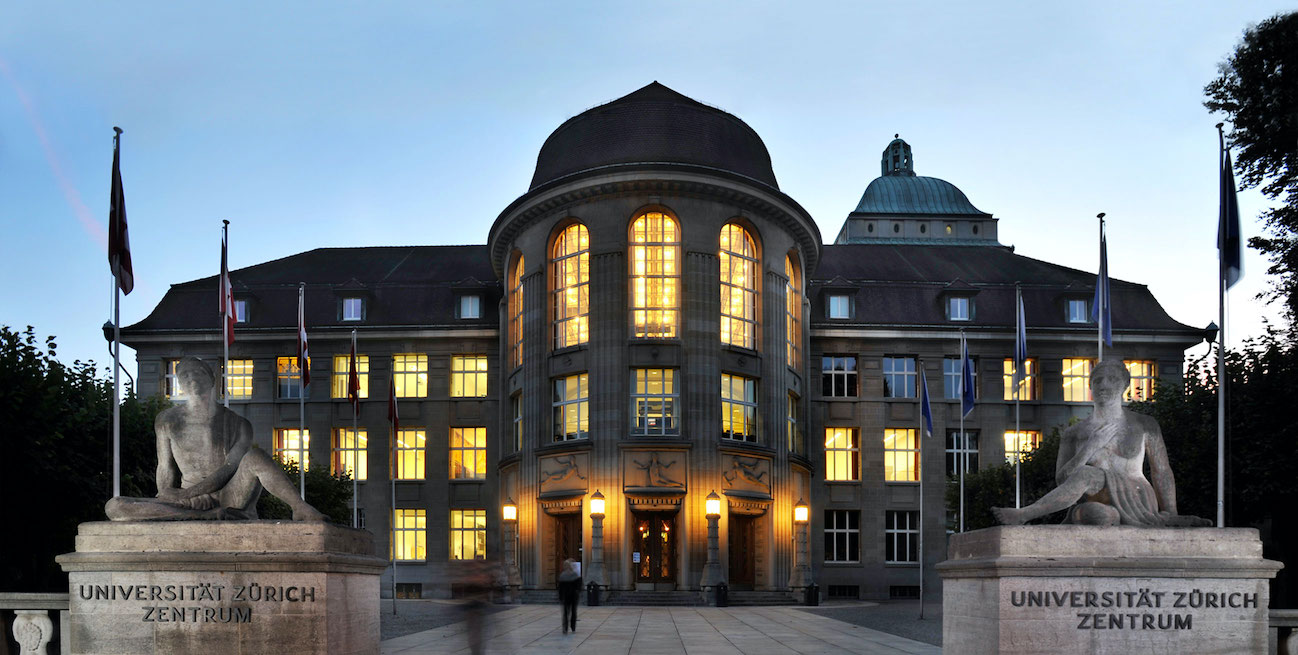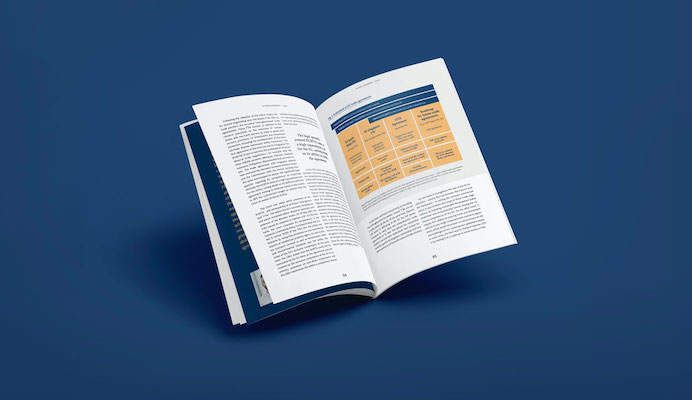
Research
The World Trading System at a Turning Point
International trade has always generated a great deal of controversy, particularly in advanced economies. This controversial nature of trade is not particularly surprising, given that it is one of the key drivers of change in modern economies. It affects which industries expand and contract, which firms succeed and fail, and which employment opportunities appear and disappear and therefore directly changes the lives of many people.
However, this continued controversy has now turned into extreme hostility, which threatens the established world trading system. This is most obvious in the United States, which has radically changed its trade policy stance under President Trump and now engages in a full-scale trade war with China. But it is also apparent in Europe, where hundreds of thousands of citizens demonstrate against new trade agreements, even if they are with close allies such as Canada.
Informing the Globalization Debate
At the Kühne Center for Sustainable Trade and Logistics, we believe that this globalization backlash is more than a return of old-fashioned protectionism and requires fresh thinking if it is to be overcome. If we want to achieve a truly sustainable globalization, we instead have to carefully evaluate our current world trading system and identify what works and what needs to be improved.
For example, whatever one thinks of President Trump’s radical trade policies, it is reasonable to ask if the World Trade Organization is able to effectively prevent abuses by large non-market economies. And whatever one thinks of the massive protests against the CETA agreement between the European Union and Canada, it is reasonable to ask whether private investors should get the right to directly sue democratic governments. These are the kinds of questions we ask at the Kühne Center, with the aim of making globalization work again.

Impact Series
The Kühne Center aims to establish itself as a thought leader on issues surrounding economic globalization – by conducting relevant research and making its insights available to a broad audience.
The Kühne Center Impact Series highlights research-based insights that help to evaluate the current world trading system and to identify what works and what needs to be improved to achieve a truly sustainable globalization. Current economic issues, particularly those pertaining to economic globalization, are a theme throughout. The series has an overarching focus on the importance of international trade and effective global economic policy-making. The main target audience consists of decision-makers in the public and private sector, economists within and outside academia, journalists, as well as the interested public.
Here you can find all previous Impact Series
- 03-22
Global Trade
- 03–21
Buy Green not Local
